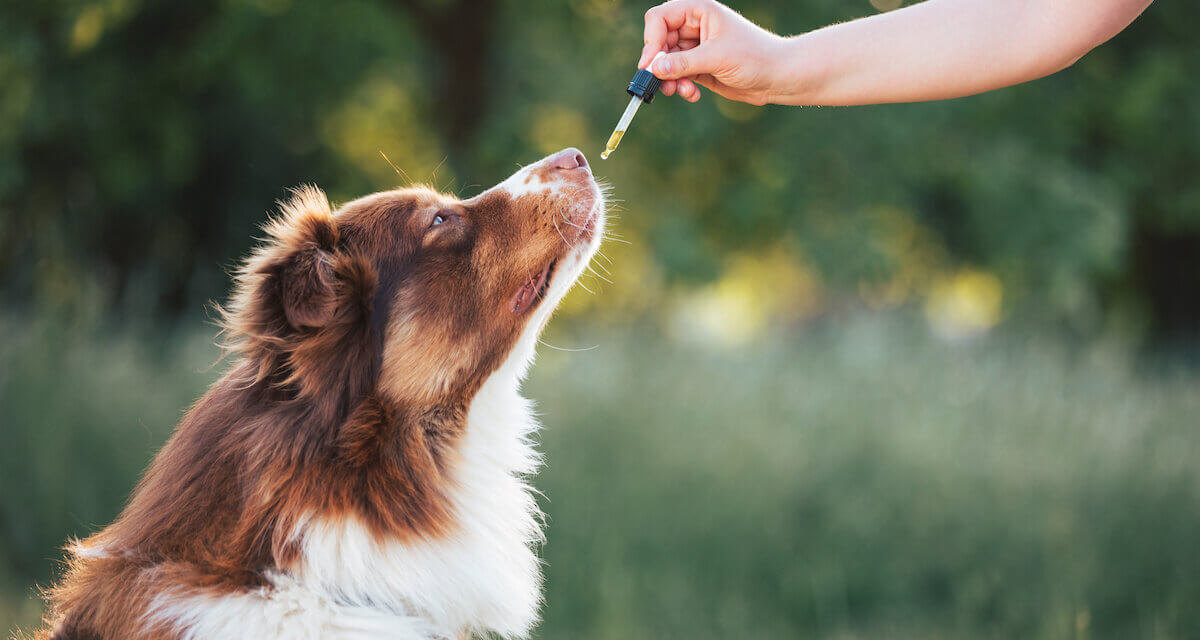Comprehensive Endocrine Treatments for Dogs, Cats & More
At SaveWay, we understand the complexities of treating endocrine disorders in animals. Our streamlined process ensures quick and efficient access to tailored medications that are customized to address your pet’s specific condition, weight, taste preferences and more — so your animal receives the precise treatment they require.
Ready to give your animal the best possible care?
Just fill out this short form and we’ll get back to you as soon as we can. We’ll help you take great care of your animals.
Learn More About Thyroid Medications for Animals
Frequently Asked Questions
-
How do you treat endocrine disorders in dogs?
Treatment for endocrine disorders in dogs often involves a combination of medication, such as hormone replacements or suppressants, dietary management to support the hormonal balance and, in some cases, surgical intervention to address specific issues.
-
What is the most common endocrine disorder in dogs?
Hypothyroidism, stemming from an underactive thyroid gland, is one of the most prevalent endocrine disorders in dogs. It leads to decreased metabolism, weight gain, lethargy and skin and coat problems.
-
What causes endocrine issues in dogs?
Endocrine issues in dogs can be triggered by various factors, including genetic predispositions, autoimmune diseases affecting the endocrine system, environmental stressors and, in some cases, the presence of tumors affecting hormone-producing glands
-
What are endocrine hormonal diseases in dogs?
Common endocrine hormonal diseases in dogs include Cushing’s disease, which involves the overproduction of cortisol and Addison’s disease, which is characterized by insufficient production of corticosteroids and diabetes mellitus, affecting the regulation of blood sugar levels.
-
How long can a dog live on thyroid medication?
With proper medication and management, dogs with thyroid issues, such as hypothyroidism, can live a normal lifespan. Regular monitoring and adjustments to the medication may be necessary over time to ensure optimal thyroid function
-
What are the symptoms of a dog with thyroid problems?
Symptoms of a dog with thyroid problems may include weight gain despite a reduced appetite, lethargy, hair loss, dry or flaky skin, intolerance to the cold and, in some cases, behavioral changes.
-
What foods should I avoid feeding a dog that has hypothyroidism?
When managing hypothyroidism in dogs, it’s important to avoid foods that may interfere with thyroid function. This includes foods with soy, as it may inhibit thyroid hormone absorption, as well as excessive fat and high levels of carbohydrates, which can contribute to weight gain and exacerbate the condition.
